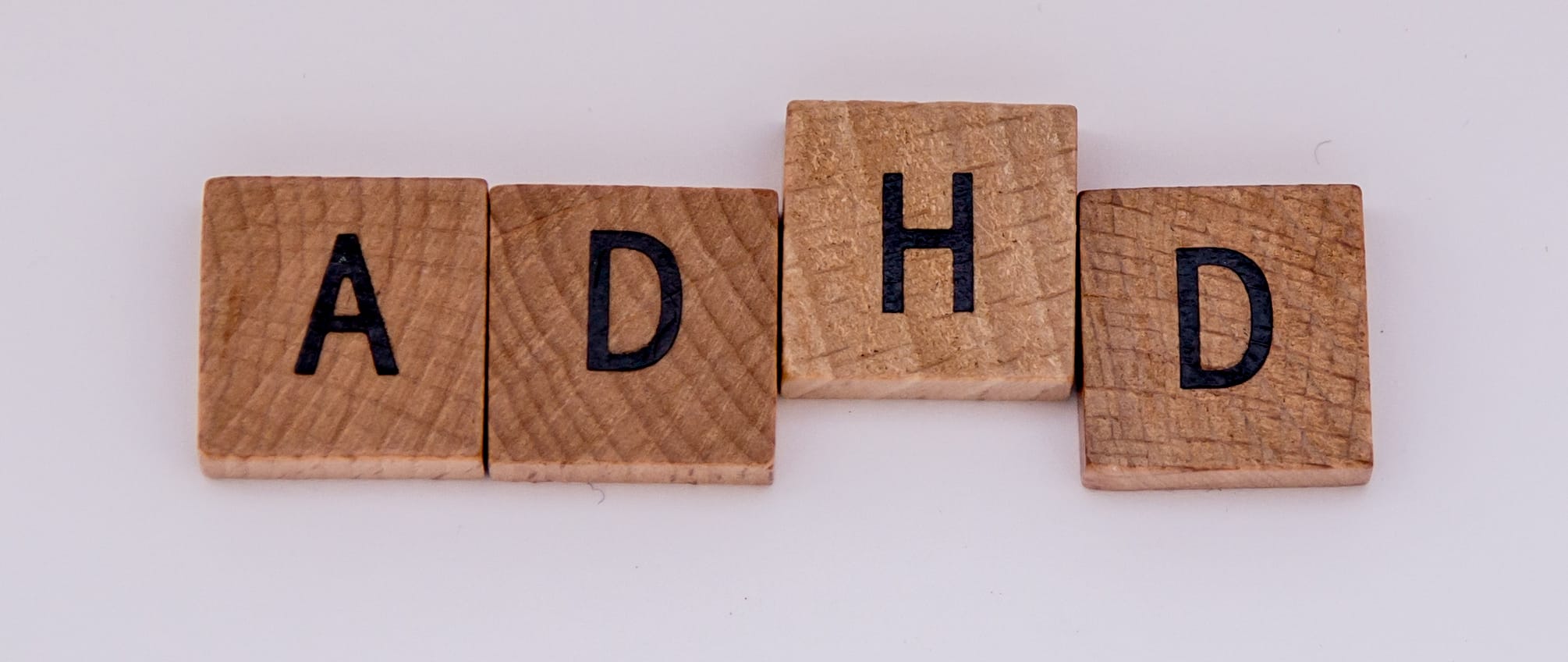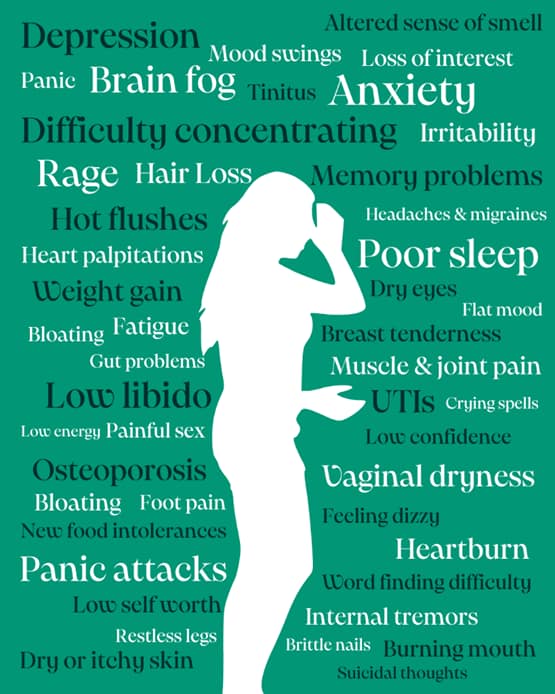
Patient or pretender – Feigning ADHD and its detection
Clinicians use a variety of diagnostic tools, such as clinical interviews, symptom rating scales, or neuropsychological tests. Usually, we tend to assume that the persons being assessed are sincere and report their experienced symptoms and impairments honestly. We also assume they try their very best in a given test. Unfortunately, we could be wrong in assuming this: some people are motivated by external incentives to exaggerate or even make up symptoms and impairments just to get a certain diagnosis. This is known as malingering.
The term malingering is known for many years, and has been studied in various clinical conditions (e.g., in patients after head injury) and environments (e.g., people avoiding criminal prosecution in the forensic context). More recently, cases of malingering have been exposed in a different population; among adults who are assessed for attention deficit hyperactivity disorder (ADHD).
“But why should someone be motivated to pretend to have (i.e. feign) ADHD?”
Well, lots of incentives could motivate (in particular young) adults to be diagnosed with adult ADHD. Think of access to stimulant drugs; these are usually prescribed to treat ADHD, but can also be misused as a kind of recreational drug (i.e., to get high) or to improve academic performance (e.g., during exam periods at universities). Another incentive could be getting access to special academic accommodations, such as special bursaries, free laptops, or extra time for assignments and exams. Many universities now offer such accommodations, which can be viewed as incentives.
“When looking at the potential benefits that may come with a diagnosis of ADHD, it may not surprise that cases of malingered ADHD are most prevalent among students.”
Even though reliable prevalence rates are difficult to derive, we wanted to know how familiar undergraduate psychology students at the University of Groningen are with the issue of feigned ADHD. In a survey among about 700 students, we found that 60% of the students thought that there are benefits of feigning ADHD, and 58% of the students felt that it would be very easy to successfully to do. Furthermore, 17% of the students had at some point taken stimulants without prescription from a physician and 18% of the students knew someone who actually feigned ADHD. The results of our survey confirm scientific literature and clinical anecdotes that feigning ADHD is a serious problem in clinical practice, in particular among young adults (Harrison & Edwards 2010; Musso et al. 2014).
Obviously, there is a large societal interest to prevent false diagnoses; the costs for all these unnecessary assessments and treatments are huge and false diagnoses also support drug trafficking of ADHD medication on the black market. Further, when people become aware that a high number of people feign ADHD, this should affect people’s attitudes on ADHD and their perception of whether it is a real disorder! This also causes doubt about the necessity of treatment for those who genuinely suffer from the condition. Finally, high numbers of dishonest individuals hamper research by causing blurred or even invalid group assignment (by falsely including people to an “ADHD” group).
“In conclusion, clinical practice and research must take steps to make sure their clients and participants are truthful.”
Clinical research in the past decade found that it is quite difficult to detect when someone pretends to have ADHD. Very specific and sophisticated approaches are needed to prevent this from happening. Clinical instruments that are used in routine clinical practice, such as symptom rating scales and classic neuropsychological tests, fail at detecting feigned ADHD (Tucha et al., 2015). More promising though, are tools that were specifically designed to detect feigning cognitive disturbances in general. Most of these tools are designed in a way that they seem difficult to perform. However, because they are based on cognitive functions that are generally preserved in people with severe cognitive impairments, real patients usually score well on those tests.
“Individuals pretending to have ADHD, however, often perform overly poor on these measures.”
However, these measures were originally not designed to detect feigned ADHD, but rather to detect feigned cognitive dysfunctions in people who have suffered brain damage. So far, performance validity tests specifically designed for the detection of feigned ADHD are lacking.
Our recent (Fuermaier et al. 2016; Tucha et al. 2015) and current studies are changing this, and set the scene for the development and evaluation of measures to specifically detect feigned ADHD, as there is no doubt that the assessment of performance validity should be part of any neuropsychological assessment, including the assessment of adult ADHD.
References:
Fuermaier, A.B.M., Tucha, L., Koerts, J., Weisbrod, M., Grabemann, M., Zimmermann, M., Mette, C., Aschenbrenner, S., & Tucha, O. (2016). Evaluation of the CAARS infrequency index for the detection of noncredible ADHD symptom report in adulthood. Journal of Psychoeducational Assessment, 34(8), 739-750.
Harrison, A.G., & Edwards, M.J. (2010). Symptom exaggeration in post-secondary students: Preliminary base rates in a Canadian sample. Applied Neuropsychology, 17(2), 135-143.
Musso, M.W., & Gouvier, W.D. (2014). “Why is this so hard?” A review of detection of malingered ADHD in college students. Journal of Attention Disorders, 18(3), 186-201.
Tucha, L., Fuermaier, A.B.M., Koerts, J., Groen, Y., & Thome, J. (2015). Detection of feigned attention deficit hyperactivity disorder. Journal of Neural Transmission, 122(1), 123-134.
NOTE: Image by Practical Cures, licenced under CC BY 2.0.



